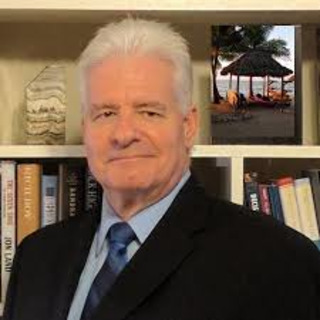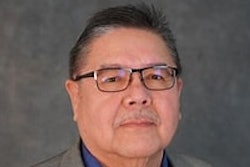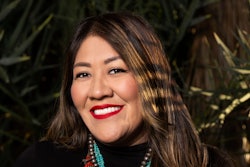University of Phoenix is a Top 100 Degree Producer
In an effort to provide an inclusive and dedicated college experience for diverse populations, University of Phoenix is actively working to address the unique educational needs of tribal students through its Tribal Operations Team.
Led by Patrick Horning, the university’s National Tribal Strategic Alliance Executive, the team plays a critical role in supporting Native American, Alaska Native, and Native Hawaiian students.
Originally established in 2007 when the university saw an influx of Native American, Alaskan Native and Hawaiian students enrolling, the program was established to bridge the gap between tribal communities and higher education by providing culturally sensitive support which includes how to navigate courses, online learning and paying for college. Patrick Horning
Patrick Horning
University of Phoenix conducted two years of in-depth, face-to-face meetings with tribal leaders and engaged in extensive research to gain a deeper understanding of the unique challenges faced by tribal students and their communities. The team focuses on supporting tribal students’ academic success while helping them identify growth opportunities. Through resources like the Tribal Strategic Alliance Agreement, students can take up to eight courses per benefit term for $5,250, significantly reducing or eliminating their debt.
Over the past few years, the team has expanded and reformatted their operations to formally establish the Tribal operations team in 2018.
“It became evident that there were specific educational barriers that this particular demographic dealt with that wasn’t traditional with our other students,” says Horning.














